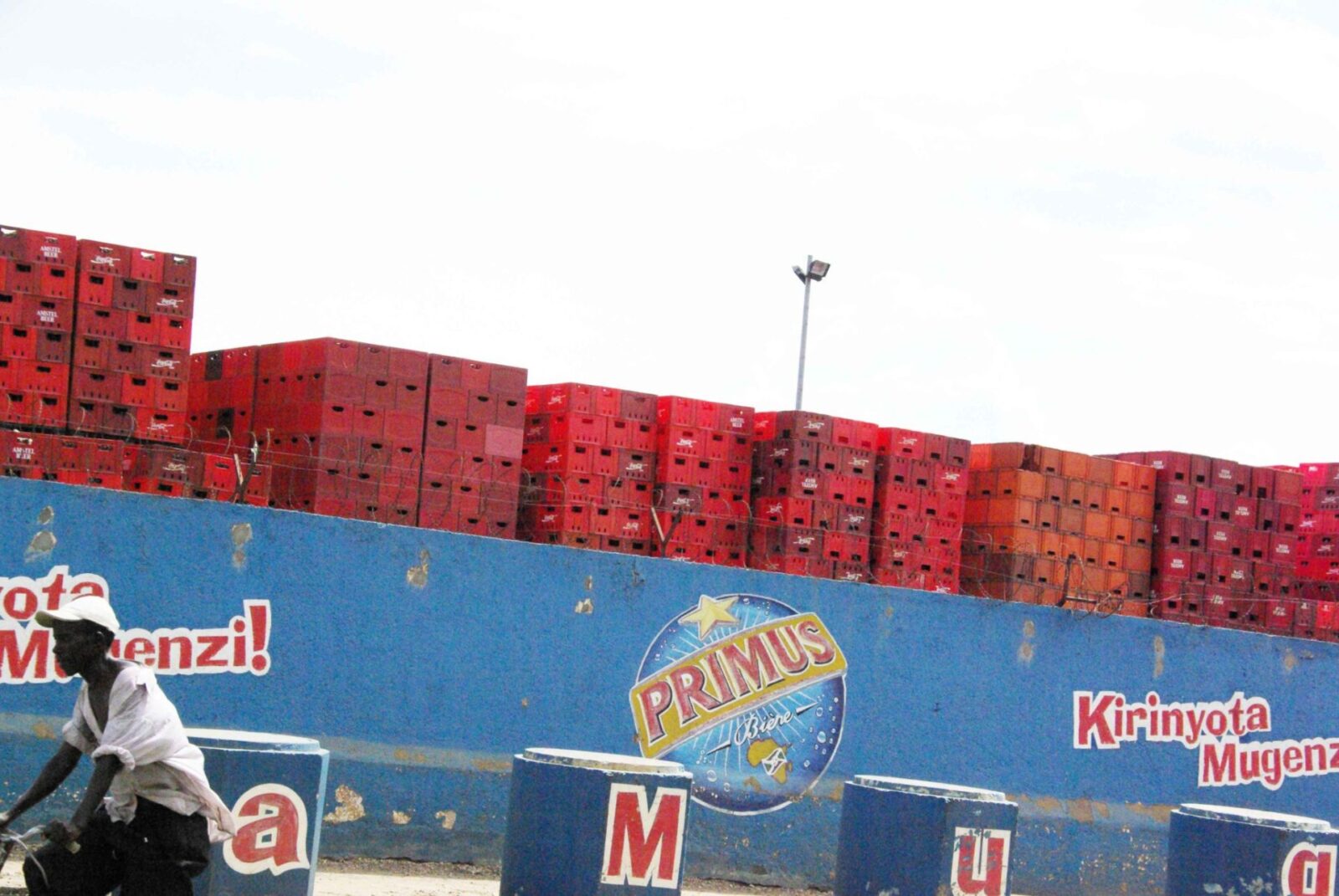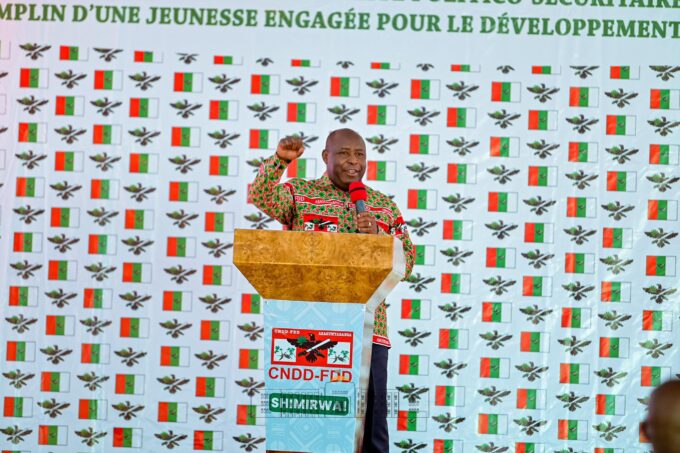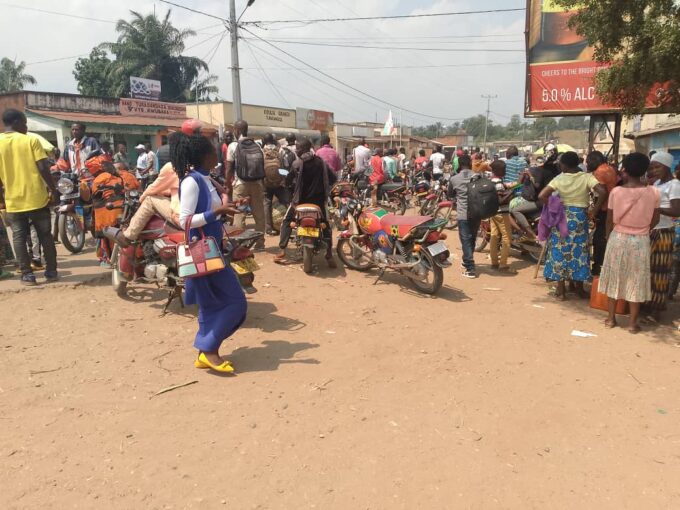In Bujumbura, Burundi’s economic capital, and various provinces, small bar owners are voicing frustrations over inequities in the distribution of beverages from the country’s leading brewery, BRARUDI. These owners claim that while drinks are visibly delivered to warehouses, the majority are allocated to larger establishments, leaving smaller bars with insufficient supplies—or none at all.
A portion of the beverages is reportedly loaded onto vehicles and transported to unknown destinations, with distributors offering no clear explanations. This lack of transparency has deepened frustrations among small bar owners, who rely on consistent supplies to keep their businesses afloat.
Local authorities have expressed concerns over the situation. Amos Nshimirimana, a leader of Bwiza neighborhood in Bujumbura, confirmed the issue and said that inquiries directed to the distributors had gone unanswered. “We hope for a sufficient supply of beverages to end these problems,” Nshimirimana said, according to local media reports.
The shortage has severely impacted small bar owners, forcing many to consider shutting down. One bar owner in Bujumbura detailed the dire circumstances:
“For BRARUDI beverage vendors, if nothing changes, many of us will be forced to abandon the trade and move on to other things. Drinks are currently scarce, and even when available, we receive only about 10 crates once or twice a week. With such limited stock, it’s impossible to cover operational costs, rent, staff salaries, and basic necessities.”
To adapt, some vendors have resorted to alternative measures. “I’ve reduced my workforce from three employees to just one cashier. Even then, it’s hard to sustain the business,” the bar owner explained. Others have turned to selling beverages at inflated prices or hoarding them for illicit sales. “You hear of Amstel being sold for 6,000 BIF, hidden in certain areas or sold only to trusted customers to avoid being reported,” they added.
In response to these challenges, the government has intensified efforts to curb beverage hoarding and inflated pricing. In Bururi southern province, eight vendors were recently removed from the list of authorized BRARUDI distributors after being caught with up to 20 crates of hoarded drinks. These beverages, intended for public consumption during the festive season, were withheld from the market, leaving residents of Bururi commune without access. The delisted vendors were also fined between 200,000 and 500,000 BIF.
Félix Niyongabo, the leader of Bururi commune, issued a stern warning: “Anyone caught hoarding drinks, or inflating prices will face consequences,” he said, as reported by local magazine Jimbere.
Additionally, ten bars, including three storage facilities in Bururi commune, were closed last weekend. Some were accused of hiding BRARUDI beverages, while others faced allegations of unsanitary practices. These establishments were fined 50,000 BIF each before being allowed to reopen. However, bars found guilty of beverage hoarding face permanent closure and removal from the list of authorized distributors, according to the Burundian Press Agency (ABP).
Rumors about the root cause of the beverage shortages abound. Some speculate that BRARUDI is withholding drinks to raise prices, while others suggest the beverages are being exported to neighboring DRC. Despite these theories, no official explanation has been provided, leaving small business owners uncertain about their future.
“If this continues, many of us will give up and close our businesses,” said one bar owner. “We’re trying to survive, but the current system makes it nearly impossible.”








Leave a comment